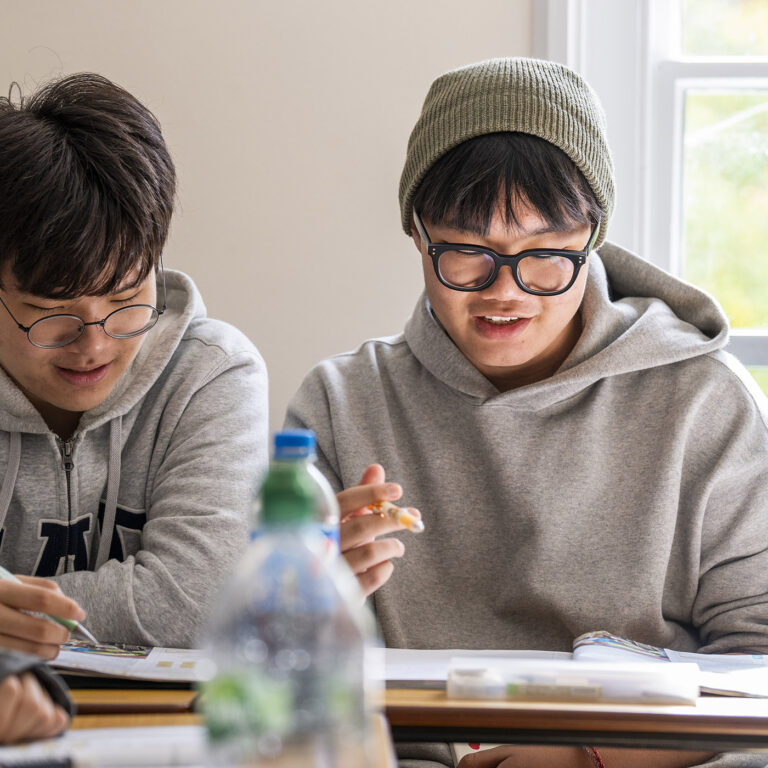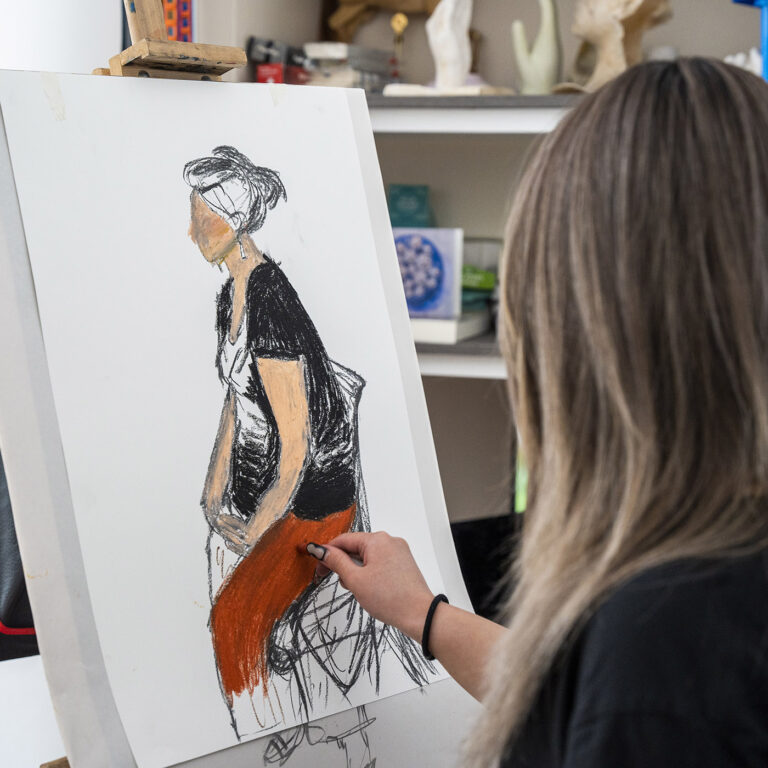Our CEIAG programme makes a major contribution in preparing our students for the opportunities, responsibilities and experiences of life. The planned, progressive programme of activities supports students in choosing career and education pathways, select options that suit their individual interests and abilities and sustain employability throughout their working lives. Here at St Andrew’s this includes careers education tutorials, career guidance activities (group and individual work), information and research activities, work related learning and individual learning activities. Parental involvement is encouraged at all stages and a careers report sent to parents at the end of each term.
The CEIAG programme is delivered on a weekly basis by each student’s personal tutor, the General Studies tutor and subject teachers and is monitored by the Principal. We also engage independent specialist advisors and external providers to speak on a range of topics.
Our university partners visit St Andrew’s at least once a year to deliver presentations, assist students in the application process and hold workshops. Current partners include: Anglia Ruskin University, Oxford Brooks University, the University of East Anglia, University of Kent, University of Birmingham, University of Reading, University of Leeds, Queen Mary University of London, University of Essex, University of Brighton, University of Durham, University of Exeter and the University of Liverpool.


